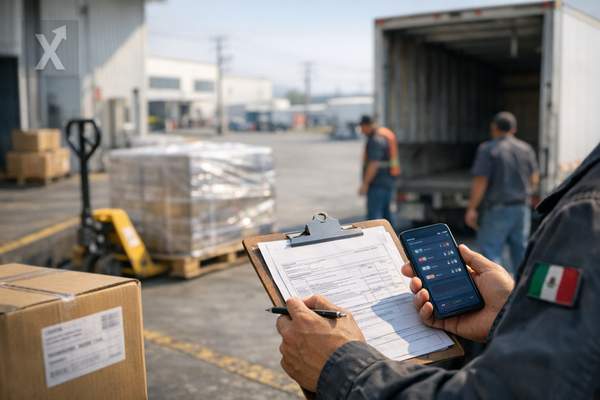Rising Trade Tensions: United States Raises Tariffs on Mexican Products Up to 30%

The trade relationship between Mexico and the United States is facing a period of high uncertainty following the White House’s announcement to increase tariffs on certain Mexican products to 30%—a decision that caught economic and political stakeholders on both sides of the border off guard. Although there had previously been speculation about a possible reduction of tariffs down to 12%, the move by the U.S. administration marks a sharp shift in the bilateral dynamic.
President Donald Trump’s administration justified the measure, stating it is "necessary" to maintain pressure on Mexico on issues of security and fentanyl trafficking control. Mexican authorities, led by President Claudia Sheinbaum, called the decision "unfair," highlighting the potential impact it could have on key sectors such as manufacturing and agribusiness—especially in the northern and central regions of the country, which are heavily dependent on exports to the U.S. market.
The tariff hike, set to take effect on August 1, adds another layer of complexity to North America’s trade relationship. While products that meet the United States-Mexico-Canada Agreement (USMCA) rules of origin were previously exempt from certain tariffs, the new order introduces vague criteria regarding exceptions, creating uncertainty about the real scope of the measure. It is unclear, for example, whether goods that comply with USMCA requirements will remain tariff-free—an issue that could put Mexico at a disadvantage compared to other trading partners such as Japan, South Korea, and Vietnam.
This situation is made more complicated by existing tariffs on steel, aluminum, vehicles, and auto parts, which have also been recently increased. Economy Secretary Marcelo Ebrard has been engaged in ongoing negotiations in Washington, seeking a diplomatic solution to avoid drastic impacts on the Mexican economy. However, the U.S. stance goes beyond the economic sphere, as it is tying tariff reductions or removals to closer collaboration on border security and efforts to combat drug trafficking.
According to the Trade, Economy, and Business Analysis Laboratory at UNAM, the full implementation of 30% tariffs could trigger a drop in Mexico’s Gross Domestic Product of up to 6.7%. The impact on employment would be immediate, especially in export-oriented manufacturing sectors, potentially pushing the country into recession and slowing the recent momentum brought about by nearshoring and the influx of international investment.
While the United States reports record customs revenue—exceeding $100 billion yearly, according to the U.S. Treasury—Mexico remains its biggest trading partner. In this context, the threat of tariffs serves both as a tool of political pressure and a means of revenue, highlighting the interdependence and vulnerability of regional trade.
The Mexican government has restated its commitment to continued negotiations to protect national businesses and workers, aiming to prevent the new tariffs from taking effect. Analysts believe that, although there is still room to reach an agreement before August 1, the uncertainty could stall investments and increase financial volatility. For Mexico’s private sector, market diversification and accelerating regional integration have become urgent strategies in the face of an increasingly complex international landscape.
In conclusion, the U.S. tariff hike poses a significant challenge for the Mexican economy and underscores the fragility of the trade relationship between the two countries. The coming weeks will be crucial in determining the direction of Mexico’s economic policy and diplomatic response amid this uncertain scenario.






